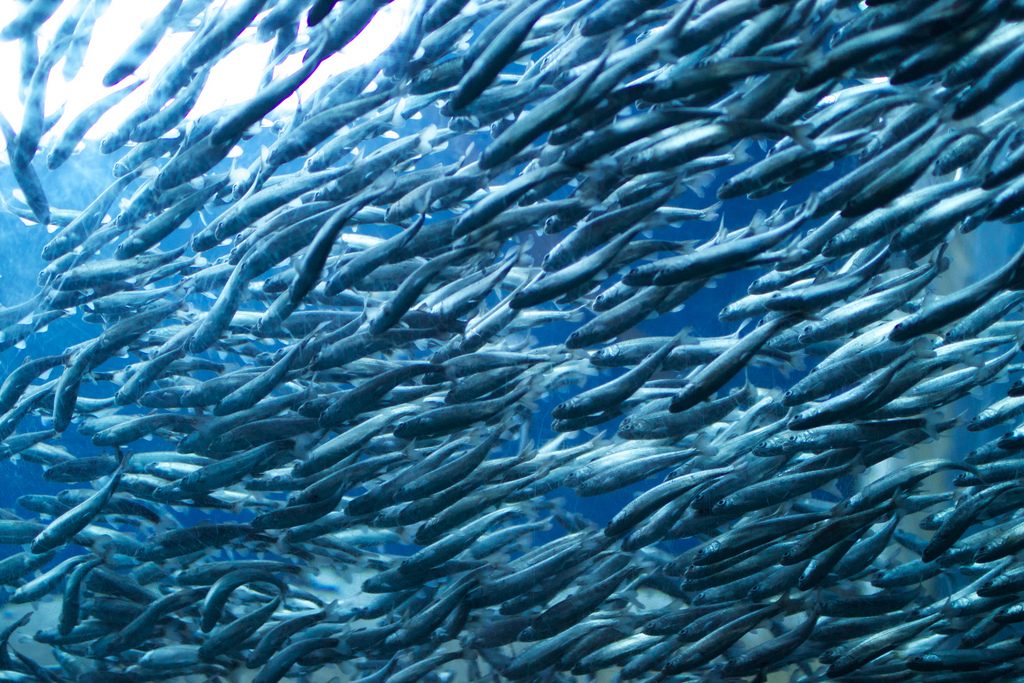This article was first published by The Times of Israel and was re-posted with permission
You probably know that when you eat a meal of sea bass on a bed of pureed vegetables alongside a chilled Chardonnay, the fillet on your plate was likely not fished out of the water but grown in a marine breeding center near the sea. Now, an Israeli company is trying to revamp that growing process.
These centers breed baby fish — fingerlings — in seawater pools and, like seeds, sell them to farmers who raise them and sell them in turn to their clients. The marine breeding centers commonly pump water from the sea, use it for fish breeding purposes and then return the water back into the surf. This pumping happens on average five times a day, with a 500 percent daily water exchange rate.
SEE ALSO: Genetically Modified Bacteria Could Eat Away The World’s Massive Plastic Problem
“The process is easy and straightforward, but it suffers from some chronic disadvantages,” said Eitan Sessler, the CEO of Latimeria, an Israeli startup that has developed a system to breed fish in artificially made seawater. “The energy consumption to pump the water from the sea is very high and seawater contains a large number of pathogens — be they bacteria, viruses or parasites — that induces diseases in fish. In addition, regulations regarding discharging the water back to the sea have become more stringent globally for environmental reasons.”
Latimeria is aiming to change all of this by avoiding the use of seawater: it desalinates drinking or agricultural water — using off-the-shelf desalinating technology — and then adds regular marine salt to re-salinate the liquid. This water is then placed in special polypropylene tanks called “water rings,” in which the fingerlings are bred and raised.
SEE ALSO: Fish Skin-Inspired Armor Is The Latest Innovation In Bullet-Proof Tech
Latimeria’s Aquaculture System recirculates the water between the fish tank and a set of mechanical and biological filters to keep it clean. “We replace 0.8 percent of our water daily with fresh artificial seawater to get rid of impurities generated by the fingerlings,” said Sessler. “An average family consumes more water a day than a water ring system uses in a week.”
To read the full story, click here
Related posts

Resilient And Nutritious New Plant-Based Milk Aims To Make A Splash

Chocolate From Cultivated Cocoa Comes Without Environmental Toll

Plastic Fantastic: Startup Takes PVC Back To Its Crude Oil Roots




Facebook comments